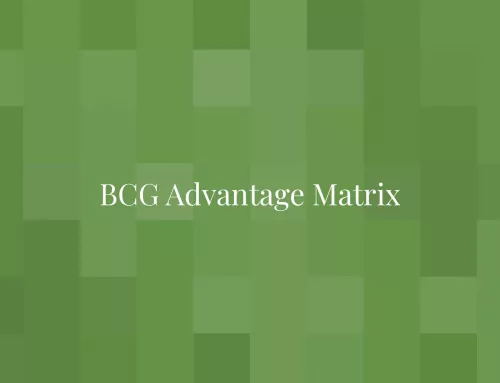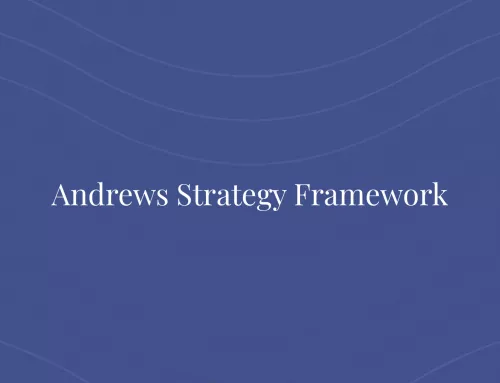Hitchens’s Razor
Hitchens’s Razor is a philosophical principle that states:
What can be asserted without evidence can also be dismissed without evidence
At its core, this razor underscores the importance of evidence and reasoning in intellectual discourse. It serves as a reminder that the burden of proof lies with those making claims rather than with those challenging or refuting them.
Hitchens’s Razor is a rule of thumb that suggests that any claim that lacks sufficient evidence can be dismissed without further consideration. This razor is rooted in the principle of evidentiary skepticism, which states that claims should be evaluated based on the strength and quality of supporting evidence. The burden of proof rests on the person making the claim, and until sufficient evidence is provided, the claim should be dismissed.
By employing Hitchens’s Razor, one can analyze assertions and arguments by assessing the evidence and logical support provided. If a claim lacks substantial evidence or relies on fallacious reasoning, it can be reasonably dismissed. This principle acts as a safeguard against accepting baseless assertions and encourages critical thinking.
Hitchens’s Razor can be applied in various contexts, from political debates to scientific claims. By demanding evidence for assertions, we can avoid accepting claims that are based on faith, intuition, or anecdotal evidence, which can be unreliable and misleading.
Implications
Hitchens’s Razor holds several implications for critical thinking and rational discourse. Firstly, it encourages intellectual honesty and humility by requiring individuals to provide evidence to support their claims. It discourages the acceptance of arguments based solely on authority or emotion, promoting a more rigorous evaluation of ideas.
Hitchens’s Razor promotes skepticism, urging individuals to question assertions that lack evidence or rely on flawed reasoning. It invites healthy skepticism toward unsupported claims and helps prevent the propagation of misinformation and pseudoscience. By applying this razor, individuals can filter out unreliable information and develop a more accurate understanding of the world.
Hitchens’s Razor fosters intellectual responsibility by emphasizing the importance of engaging in well-reasoned and evidence-based arguments. It reminds individuals of the necessity to provide sound justifications for their beliefs and to challenge unfounded claims when encountered. This principle promotes intellectual rigor and integrity within scholarly, scientific, and public discourse.
Relevance
In an age characterized by a deluge of information, Hitchens’s Razor assumes heightened relevance. With the rapid dissemination of ideas through various media channels, it is vital to apply critical thinking skills and evaluate claims with scrutiny.
The proliferation of misinformation, half-truths, and conspiracy theories necessitates a robust framework to discern fact from fiction. Hitchens’s Razor provides an invaluable tool for evaluating claims in an evidence-based manner, mitigating the risks associated with the acceptance of baseless assertions.
Moreover, Hitchens’s Razor serves as a defense against cognitive biases that can cloud judgment. Confirmation bias, for instance, can lead individuals to accept claims that align with their pre-existing beliefs while dismissing contradictory evidence. By adhering to the principles of Hitchens’s Razor, individuals can transcend such biases and make more objective assessments of arguments.
Furthermore, Hitchens’s Razor reinforces the importance of scientific reasoning and skepticism. In the realm of scientific inquiry, claims are subjected to rigorous testing and peer review, demanding empirical evidence to support them. Hitchens’s Razor aligns with the scientific method, encouraging the application of critical analysis and empirical scrutiny.
Applying Hitchens’s Razor in our daily lives can also enhance our decision-making processes. It enables us to evaluate political speeches, news articles, and social media posts more effectively, distinguishing between substantiated claims and empty rhetoric. By demanding evidence and logical support, we contribute to a more informed and intellectually engaged society.
Application
To effectively utilize Hitchens’s Razor, certain guidelines can be followed:
Scrutinize claims
Approach claims with a healthy dose of skepticism, especially when they lack evidence or rely on logical fallacies.
Assess the quality of evidence
Examine the supporting evidence provided for a claim and consider its reliability and relevance.
Engage in reasoned discourse
Encourage evidence-based discussions, focusing on the merits of the arguments rather than personal attacks or emotional appeals.
Be open to changing positions
Be willing to revise beliefs when presented with compelling evidence that contradicts them. Hitchens’s Razor encourages intellectual flexibility and growth.
Promote intellectual integrity
Apply Hitchens’s Razor not only to others’ claims but also to your own. Be mindful of the evidence and reasoning supporting your beliefs.
Promoting scientific literacy
Educating individuals about the scientific method, critical thinking, and the importance of evidence-based reasoning can enhance their ability to evaluate claims. Scientific literacy programs should be integrated into formal education and made widely accessible to the general public.
Fact-checking and verification
Fact-checking organizations play a crucial role in verifying claims and exposing falsehoods. Investing in their resources, expanding their reach, and improving collaboration between fact-checkers and media outlets can help counter the spread of misinformation more effectively.
Encouraging skepticism
Skepticism is a valuable tool for evaluating claims and avoiding the pitfalls of false information. Cultivating skepticism involves teaching individuals to question and evaluate information critically, recognizing common logical fallacies and biases, and avoiding hasty generalizations.
Holding individuals and organizations accountable
Holding individuals and organizations accountable for spreading false information can help deter the spread of misinformation. Legal mechanisms can be explored to address intentional and malicious dissemination of falsehoods while protecting freedom of speech and expression.
Building trust and transparency
Trust and transparency are essential for promoting evidence-based reasoning. Individuals and institutions can build trust by providing access to reliable and verifiable information, acknowledging uncertainty and limitations, and communicating openly with the public.




